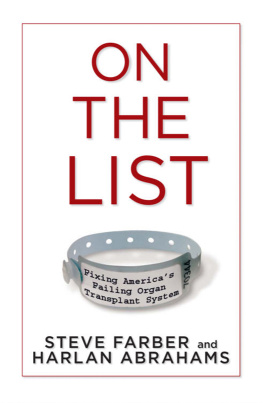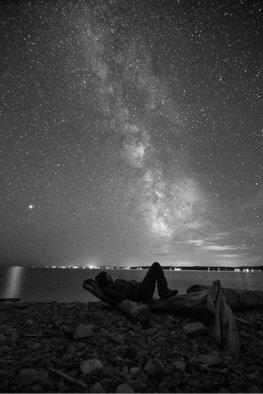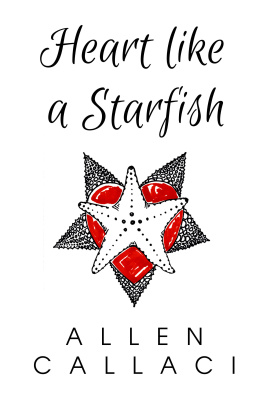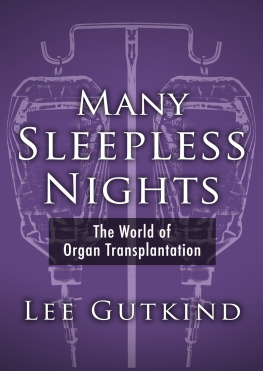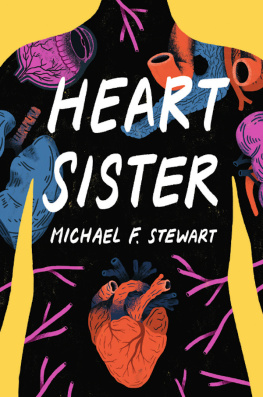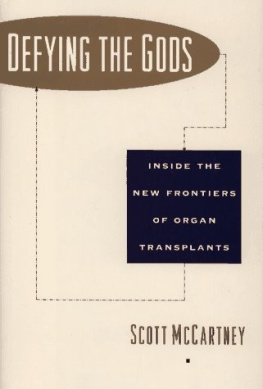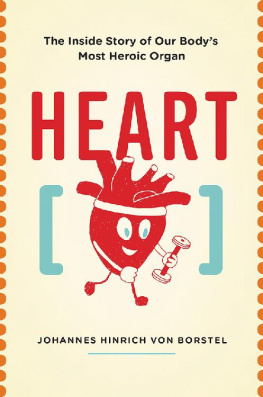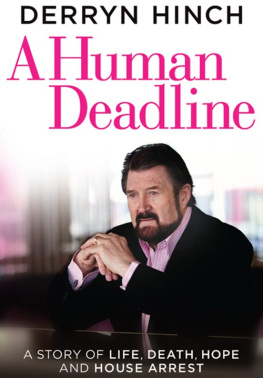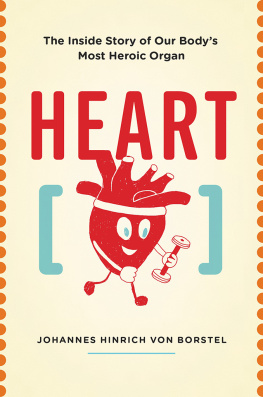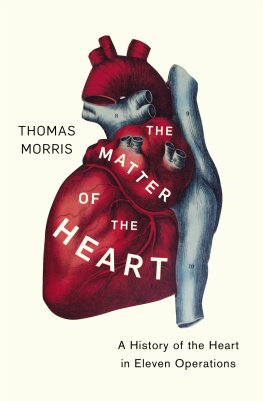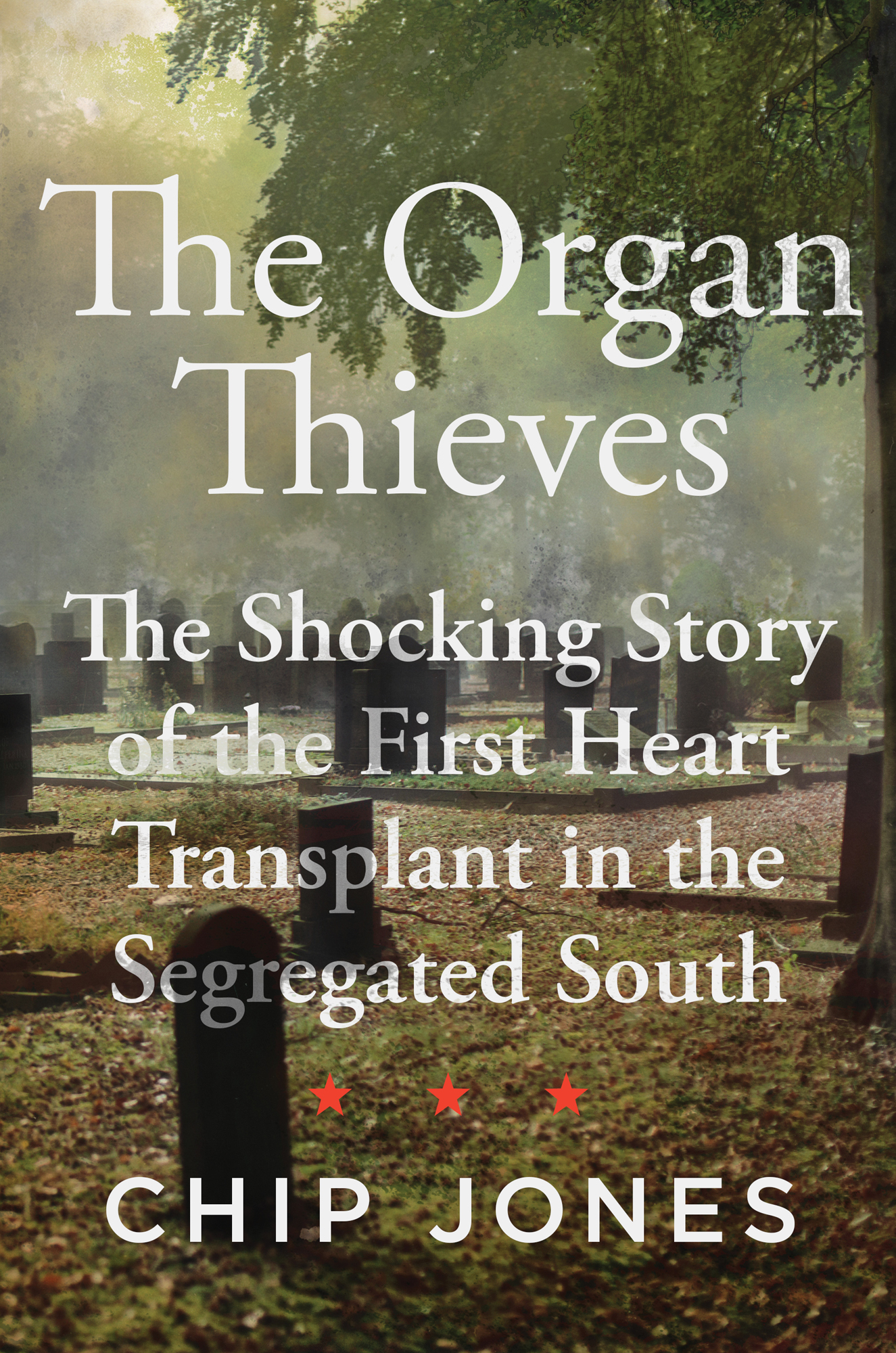Contents
Guide

Gallery Books / Jeter Publishing
An Imprint of Simon & Schuster, Inc.
1230 Avenue of the Americas
New York, NY 10020
www.SimonandSchuster.com
Copyright 2020 by Chip Jones
All rights reserved, including the right to reproduce this book or portions thereof in any form whatsoever. For information, address Gallery Books Subsidiary Rights Department, 1230 Avenue of the Americas, New York, NY 10020.
First Gallery Books hardcover edition August 2020
GALLERY BOOKS and colophon are registered trademarks of Simon & Schuster, Inc.
For information about special discounts for bulk purchases, please contact Simon & Schuster Special Sales at 1-866-506-1949 or .
The Simon & Schuster Speakers Bureau can bring authors to your live event. For more information or to book an event, contact the Simon & Schuster Speakers Bureau at 1-866-248-3049 or visit our website at www.simonspeakers.com.
Interior design by Davina Mock-Maniscalco
Maps illustrated by Christopher Hibben
Jacket design by Emma A. Van Deun
Jacket photograph by Ysbrand Cosijn/Arcangel
Author photograph by Jay Paul
Library of Congress Control Number: 2020935252
ISBN 978-1-9821-0752-9
ISBN 978-1-9821-0754-3 (ebook)
For Deborah
FOREWORD We Can Do Better
Ben Jealous
THEY TOOK A BLACK mans heart.
Thats the tagline here. A white man needed a heart, and so they cut the heart from a black mans body and put it into a white mans chest.
This wasnt a hundred years ago. This wasnt in some backwoods Southern town. This was 1968, at one of the best hospitals in the South, involving one of the most respected doctors in the world.
Was the black man even dead? Would he have died from his wounds?
Those are pretty big questions, arent they?
If you want answers, you have to listen to this story. You need to listen because its important. And horrifying. The details here will stagger you. The Body Man, with his top hat. The Egyptian Building, with its subbasement morgue. The well. My god, the well. You will never look at a well the same way again.
But remember, while youre clutching your pillow close, that theres another story here. Every day, black people in America die in numbers and in ways they shouldnt, because the medical system is not designed to support us. It has never been designed to support us.
Today, as I speak to you, the coronavirus is four times as deadly to black Americans as it is to our white counterparts. There are many reasons for this, all tied to historic racial injustice. We work more often as the frontline store clerks and factory workers deemed essentialor expendable. We work more often without health insurance. We live in smaller spaces with more relatives. We take more public transportation. Weve been pushed into areas polluted by highways and factories, causing more asthma and other chronic lung conditions. We are poorer, with more diabetes and other poverty-adjacent conditions.
But the biggest factor is that our medical care is inferior. Our bodies have been studied, not for our own benefit but usually to help white patients. We are more often blamed for chronic conditions and dismissed as complainers when we say that we are sick. We too rarely see doctors and nurses who look like us and understand us. The hospitals that cater to us in our neighborhoods are underfunded and understaffed.
And we face doctors and nurses who simply value our lives less because we are black. Their most outrageous actions are almost never as well documented as they are in The Organ Thieves, but listen to the elders in any urban community and you will hear similar stories.
It feels as if my heart has been stolen when I think of Bruce Tucker. It feels as if the hearts of all black Americans have been stolen, again and again and again, throughout our more than four hundred years of history in America.
This story illuminates great truths while never forgetting that Bruce Tucker was a man. He lived. He loved. People loved him back. You will love him, and all the people in this story who fought for him. You will feel their pain, and their grace.
Listen to Bruce Tuckers story and weep, friends, for our country and for this man. But go forth with the knowledge of how deep this well of suffering goes, the grave consequences of silence, and a fierce urgency to rise to the challenges of this historic moment and finally end systemic racism in our medical institutions and our nation as a whole.
PART ONE Roots
CHAPTER ONE Case of the Missing Heart
IN LATE MAY 1968, Doug Wilder was in his law office on a tree-lined street in Richmond, Virginia. He was winding down from a long day of work when the phone rang.
They took my brothers heart! the man on the other end of the line exclaimed in horror.
As one of the best-known African American trial lawyers practicing in the state capital, Wilder was accustomed to taking random phone calls day or night. Accusations of rape, robbery, and murder were not uncommon, nor were other desperate pleas from mothers and fathers seeking help for loved ones whod run afoul of the legal system. Even as halting steps toward progress had begun to bring incremental improvements in schools, housing, and jobs, his home state of Virginia was still moving at a snails pace from under the heavy burden of centuries of discrimination.
But taking a mans heart from his own body? Wilder had never heard of such a thing. I dont understand what youre talking about, not having a heart, he told the caller, William Tucker. What do you mean? What happened to it?
He started taking notes as Tucker described a deeply disturbing series of events that had just unfolded over the weekend. It all started when his brother Bruce went missing after work on Friday. It took a series of frantic phone callsprompted by an insiders tipto finally locate him at the Medical College of Virginia (MCV) on Saturday night. Then some bureaucrats hemmed and hawed before finally delivering the shocking bad news: his brotherwhod been rushed to the hospital with a head injury less than a day beforehad died only a few hours earlier on an operating table.
Bruces body had been claimed and taken to a funeral home near the family farm. William was given Bruces final possessionsamong them his drivers license and a business card. His business card, William realized. It was for his shoe repair shop only a few blocks from the hospital. Why hadnt anyone called him sooner?
A day later, still numb from the news of his brothers death, William began the hour-long drive to the farm. He wanted to personally break the news to his eighty-year-old mother, Emma, and to Bruces teenage son, Abraham, who lived with her. First, though, he would check with the local undertaker about the upcoming funeral. Williams best-laid plans were shattered, though, when he learned more shocking details of his brothers treatment in an operating room at the Medical College of Virginia.
William Tuckers ordeal started with a hushed call from a friend inside the hospital. Somethings going on with Bruce, the friend whispered.
William put down a pair of shoes he was working on. It was early Saturday afternoon. He asked his friend to speak up and explain himself. His friend whispered something about a heart operation involving Bruce. Then the line went dead.


